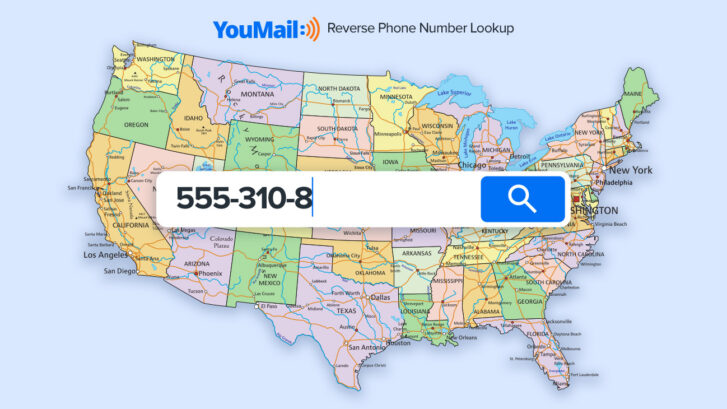In recent years, IRS scam calls have surged, becoming a significant concern for individuals across the United States. These fraudulent activities not only pose a risk to personal finances but also instill fear and anxiety among the populace. A peculiar focus has been observed on scam calls linked to or spoofing the 206 area code, which serves Seattle and its surrounding areas in Washington State. This article delves into the intricacies of these scam calls, the strategies employed by scammers, and offers guidance on how to protect oneself from falling victim to these malicious schemes.
Understanding IRS Scam Calls
IRS scam calls are a form of phishing attack where scammers impersonate IRS officials to extort money or personal information from unsuspecting individuals. These calls often involve the scammer demanding immediate payment for supposed unpaid taxes, threatening legal action, arrest, or other punitive measures in case of non-compliance. The scammers are adept at manipulating caller ID systems to display legitimate-looking numbers, including those with the 206 area code, to lend an air of authenticity to their claims.
The Significance of the 206 Area Code in IRS Scam Calls
The choice of the 206 area code by scammers is strategic. It encompasses a significant population center, making the scam calls seem more plausible to those who might expect legitimate calls from government or local entities. The psychological impact of receiving a call from a local number can make potential victims more susceptible to manipulation. However, it’s crucial to note that the IRS does not specifically target individuals based on area codes nor does it employ aggressive phone call tactics as described in these scams.
Tactics Employed by Scammers
Scammers use a variety of techniques to make their demands seem urgent and legitimate:
- Caller ID Spoofing: Making the call appear to come from the IRS or another official source.
- Threats and Intimidation: Claiming that failure to comply will result in immediate arrest, deportation, or other legal actions.
- Demands for Specific Payment Methods: Insisting on payments through gift cards, wire transfers, or other untraceable methods.
- Requesting Personal Information: Asking for Social Security numbers, bank account details, or other sensitive information under the guise of verifying identity or processing payments.
The Impact of IRS Scam Calls
The impact of these scam calls extends beyond financial losses, which can run into thousands of dollars for some victims. The psychological toll, including stress, anxiety, and fear, can be significant, affecting individuals’ well-being and sense of security. Additionally, there’s a broader societal impact, undermining trust in legitimate communication from government agencies.
How to Recognize and Respond to IRS Scam Calls
Recognizing IRS scam calls involves being aware of the tactics used by scammers and understanding the legitimate practices of the IRS. Here are some key points:
- The IRS will first contact individuals by mail, not phone, for unpaid taxes.
- The IRS does not demand immediate payment over the phone, nor does it specify payment methods such as gift cards or wire transfers.
- The IRS allows taxpayers to question or appeal what they owe.
- The IRS does not threaten to involve law enforcement for immediate arrest.
If you receive a suspicious call, do not engage or provide any personal information. Hang up immediately and report the call to the appropriate authorities, including the Treasury Inspector General for Tax Administration (TIGTA) and the Federal Trade Commission (FTC).
Preventive Measures
Protecting oneself from IRS scam calls involves a combination of vigilance, knowledge, and proactive measures:
- Educate Yourself and Others: Awareness of scam tactics and IRS procedures can prevent victimization.
- Secure Personal Information: Be cautious about sharing personal information, especially over the phone.
- Verify Suspicious Calls: If in doubt, hang up and contact the IRS directly using official numbers to verify any claims.
- Report Scam Calls: Reporting to USA.GOV and FTC helps in the fight against these scams.
Conclusion
IRS scam calls, including those spoofing the 206 area code, represent a pervasive threat. However, through education, awareness, and cautious communication practices, individuals can significantly reduce their risk of falling victim to these fraudulent schemes. It’s crucial for communities to share information and resources to combat these scams effectively, ensuring a collective defense against these malicious actors.
Resources for Assistance and Reporting
- IRS: For general information or to verify contact, visit the official IRS website or call their official numbers.
- Treasury Inspector General for Tax Administration (TIGTA): To report scam calls.
- Federal Trade Commission (FTC): For reporting fraud and getting information on the latest scams.
By fostering an environment of awareness and support, individuals can navigate the complexities of modern communication with confidence, safeguarding themselves and their loved ones against the insidious threat of IRS scam calls.





